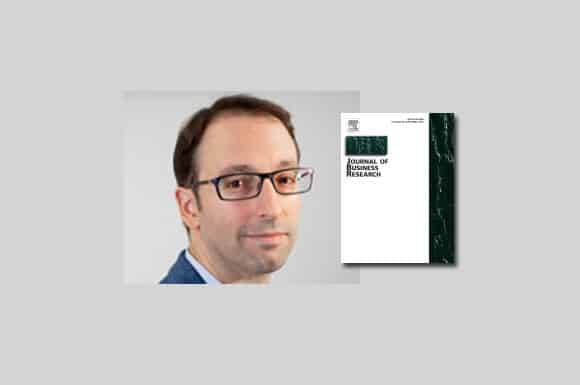To what extent does a feeling of guilt affect our behaviour?
Published on 03/6/2019
Thematics :
To what extent does a feeling of guilt affect our behaviour?
Published on 03/6/2019
Paolo Antonetti, marketing professor, recently had his article, entitled “The persuasiveness of guilt appeals over time: Pathways to delayed compliance”, published in the Journal of Business Research, a CNRS rank 2 Journal. Is guilt always the most effective means to change societal behaviour?
The use of guilt in advertising is a technique as old as the hills. Many companies and associations use this technique to change our behaviour. It is this subject that particularly interests Paolo ANTONETTI, as he attempts to perceive the subtleties in how these messages work.
His study is based on the behaviour of 400 people confronted by an advertisement and carried out in two phases: a first set of questions was asked immediately after viewing. Then, three days later, another series of questions was asked. The behavioural changes in between these two phases were then analysed.
“Having analysed the results, we observe that people express different feelings. First, a natural feeling of guilt and then a few days later, this feeling evolves. If the advert is effective, you act according to whether you no longer want to have this feeling, or whether you no longer want to go along with this societal flaw.”
Transposition, the key to the effectiveness of the message
In his research, Paolo explains that the most challenging aspect is the ability to awaken this feeling of guilt.
“There is a right balance to be struck in such campaigns. If the message is not strong enough, it doesn't work, and your behaviour doesn't change at all. If, on the other hand, the message is too powerful, it may eventually turn against you and the company. To this, it should also be pointed out that some people are also more sensitive than others and that society reacts differently if we are talking about obesity or the environment. Another thing is that the easier it is for the message to transport you into the context, the more concerned and affected you will feel. Images, personification of the message and the setting of a daily experience, are some of the many techniques used to generate a real impact on your behaviour.”
> Read the paper: "The persuasiveness of guilt appeals over time: Pathways to delayed compliance"

